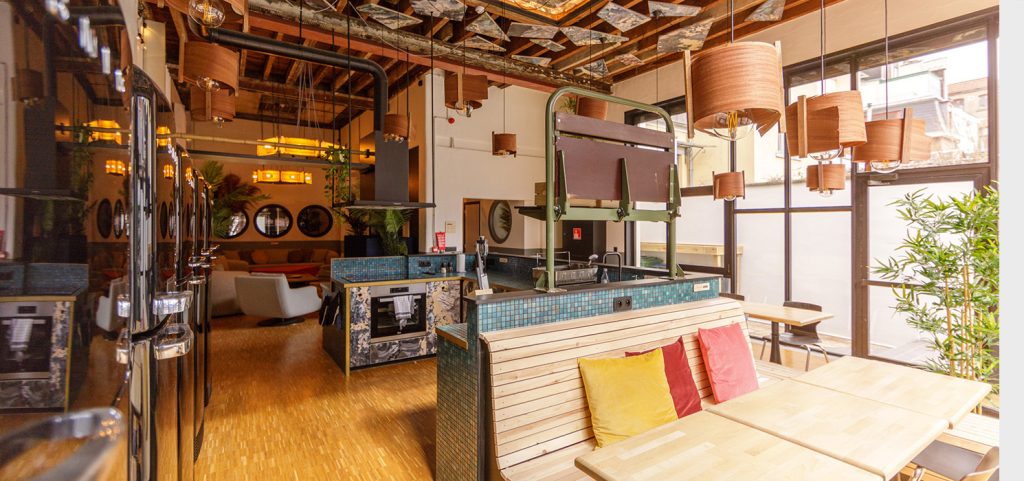Ensuring the safety and inclusivity of hostel spaces for women is vital for fostering a supportive living environment. Beyond providing basic accommodation, hostels can play a key role in empowering women by offering secure, comfortable, and welcoming spaces. Here are practical steps hostels can take to create an environment where women feel safe, respected, and valued.
1. Prioritize Security Measures
Safety begins with robust security infrastructure. Implementing comprehensive security protocols ensures that residents feel protected at all times.
Tip: Install CCTV cameras in common areas, maintain secure entry systems with key cards or biometric access, and ensure 24/7 security personnel are available. Regularly review and update security policies to address new concerns.
2. Designate Women-Only Spaces
Dedicated women-only areas foster a sense of safety and comfort. These spaces offer privacy and a supportive environment where women can feel at ease.
Tip: Provide women-only dormitories, restrooms, and lounge areas. Consider offering separate study zones and wellness rooms for added privacy and security.
3. Implement Clear Policies Against Harassment
A zero-tolerance approach to harassment is essential in maintaining a respectful community. Clearly communicated policies create an environment where everyone understands and upholds safety standards.
Tip: Establish clear anti-harassment policies and provide confidential reporting channels. Conduct regular training for staff and residents on bystander intervention and respectful conduct.
4. Foster Inclusive and Supportive Communities
An inclusive environment supports diverse experiences and encourages mutual respect. Hostels can create communities where women from different backgrounds feel welcomed and included.
Tip: Host events that celebrate women’s achievements and diverse cultures. Implement mentorship programs where senior residents support newcomers in navigating hostel life.
5. Ensure Access to Health and Well-Being Services
Supporting physical and mental well-being is crucial for a safe living environment. Providing access to health services and well-being programs helps residents thrive.
Tip: Offer on-site counseling, health workshops, and partnerships with local clinics. Include hygiene and wellness facilities tailored to women’s needs.
6. Empower Women Through Leadership Opportunities
Encouraging women to take on leadership roles fosters a sense of empowerment and accountability. This also helps in shaping hostel policies and programs from a woman’s perspective.
Tip: Create resident councils with dedicated positions for women to voice their concerns and suggest improvements. Support leadership training and skill-building initiatives.
7. Use Technology to Enhance Safety
Technology can play a crucial role in improving safety. Digital tools help monitor security, facilitate communication, and provide quick access to assistance.
Tip: Implement safety apps for emergency alerts and anonymous reporting. Use digital platforms to keep residents informed about security protocols and upcoming community events.
Conclusion
Creating safe and inclusive hostel spaces for women requires a holistic approach that combines physical security, supportive policies, and community engagement. By prioritizing these measures, hostels can become empowering environments where women feel secure, valued, and free to pursue their ambitions. A hostel that champions safety and inclusivity not only supports its residents but also sets a positive standard for the broader community.





